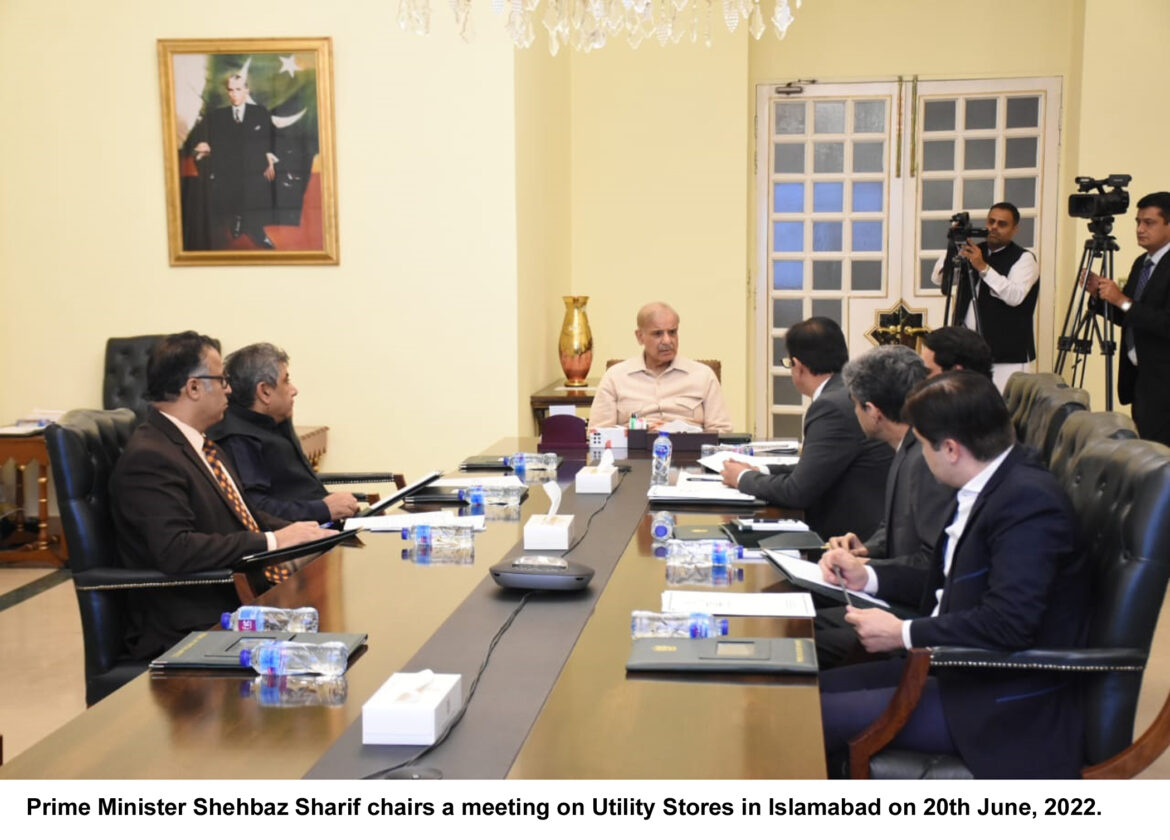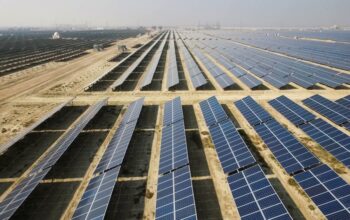By Staff Reporter
ISLAMABAD: Country’s economic managers on Monday hashed out the ‘tough conditions’ tied to the resumption of the IMF loan programme with Prime Minister Shehbaz Sharif and got a final go-ahead.
In the next step, the economic team will furnish the IMF officials with the guarantees that they would implement the Fund-sponsored programme without any breach or deviation from the agreed conditions.
The ongoing $6 billion programme under Extended Fund Facility (EFF) was suspended in March 2022.
“We will now pursue the IMF staff to revive the program and ask them to finalise negotiations at the earliest. We are hoping that there will be a requirement of just one more meeting/interaction with the IMF for reaching a staff-level agreement” a top official of the government confided while talking to Independent Pakistan (IP).
Earlier, Federal Minister for Finance Miftah Ismail said that he was quite optimistic the IMF programme would be revived within a day.
The minister was responding to journalists’ questions after attending the Senate Standing Committee on Finance meeting here at the Parliament House on Monday.
When asked about an increase in salaries and proposed changes in taxable slabs for the salaried class, the minister said the IMF did not object to a raise in salaries of public servants.
On income tax slabs, he said the government would protect income tax slabs up to Rs1.2 million on a per annum basis.
However, the official sources said that the government would have to take more tough decisions on slabs of Personal Income Tax (PIT) and the most difficult one would be related to jacking up tax rates from the taxable ceiling from Rs 1.2 million to Rs 2.4 million where the bulk of salary earners existed.
There are only 12,000 salary earners who earned Rs1 million per month in the whole country. The base of the tax net is so skewed and narrow that there is no other way but to broaden it by bringing all sectors into the tax net irrespective of any protection.
There are some flaws in the budget for 2022-23, which the IMF and asked the government to rectify. For instance, the government envisaged FBR’s tax collection target of Rs7,004 billion for the next budget against the desired collection of Rs6,000 billion for the outgoing fiscal year, requiring growth of 16.67 percent in the next fiscal year. The nominal growth has been envisaged at 16.5 percent and indicates the government sees no increase in tax to GDP ratio in the next budget.
There is another problem in the budget. The government envisaged to fetch Rs750 billion through petroleum levy in the next fiscal year. From July 1, 2022, the government will have to slap a petroleum levy of Rs50 per litre on petroleum products in order to collect the desired amount of Rs750 billion. However, the government showed its intent to impose Rs5 per liter petroleum levy so it will be able to collect just Rs5 billion on a monthly basis. It will also be highly inflationary if the government imposes a petroleum levy so it needs to be rationalised.
A senior Ministry of Finance official said it would be challenging undoubtedly; however, there were limited sources of revenue. “We will review the situation once we make up through compensatory sources,” he added.
The subsidies of the power sector and provision of Sasta (cheap) petrol is another bone of contention between the IMF and the Pakistani side. The cost of power generation has alarmingly gone up as it stood at Rs13.15/kWh in May 2022, which was 28.4 percent higher month-on-month and 130.7 percent year-on-year. In the first 11 months of FY2022, the power generation rate stood at 8.76/kWh, which was 82.2 percent higher year-on-year in the same period of the last fiscal year.
This shows a buildup in inflationary pressures when the Sensitive Price Index (SPI) touched 28 percent last week, highest since 2008. This building up of inflationary pressures has not yet passed on the effects of the recent depreciation of the exchange rate and partial effects of the hike in fuels’ prices. The full impact of the petroleum price hike, raise in electricity tariff by Rs7.92 per unit, and gas rate by 45 percent will come into play in the next fiscal year. So there are predictions of average inflation touching 20 to 25 percent, which will further erode the purchasing power of low and middle-income groups in months ahead.
Copyright © 2021 Independent Pakistan | All rights reserved




